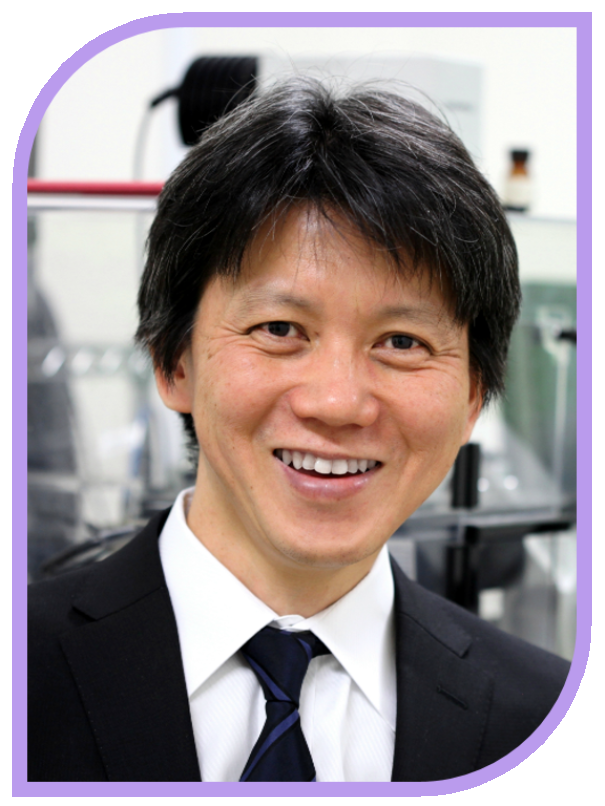Toward the realization of a “Smart aging” society.
The average life expectancy in Japan has increased by more than 30 years since the end of World War II, and we are now able to live almost twice as long as we did 100 years ago. On the other hand, in a super-aging society where 30% of individuals are 65 years and above, various medical and social problems associated with aging start to become apparent. Thus, we have set the realization of a smart aging society as a goal to deal with these obstacles, in which “smart aging” means the intellectual maturity of individuals and society by wisely coping with the changes from aging.
In order to elucidate the basic mechanisms of aging from birth to development, maturation, aging and death, the Institute of Development, Aging and Cancer (IDAC) conducts research from gene and cell research using molecular biological techniques as well as organismal-level research through animal experiments and multi-layered medical human subject research. Through these studies, we aim to overcome intractable cancers and prevent dementia. In addition to the three areas of research (Aging Science, Cancer Science and Brain Science), IDAC also incorporates the Center for Environmental Response and Aging, Pre-Clinical Research Center, Brain MRI Center, Small Animal MRI Center for Research Use with Technical Advantage and the Cell Resource Center for Biological Research. Moreover, we are also working closely with the Smart Aging Research Center (S.A.R.C.), which aims to realize a dementia-free society and the Cognitive Neuroscience Application Center, which aims to translate cognitive neuroscience into society. Lastly, IDAC has been certified as a research center for aging medicine by Japan’s Ministry of Education, Culture, Sports, Science and Technology (MEXT), to realize healthy longevity in a super-aging society.
Responding to a rapidly aging society is recognized as a common issue for all countries, especially developed nations. Our ultimate goal is the realization of a smart aging-society and we aim to become a world-leading research center for managing a super-aging society.
-Kozo TANAKA, Director of IDAC
